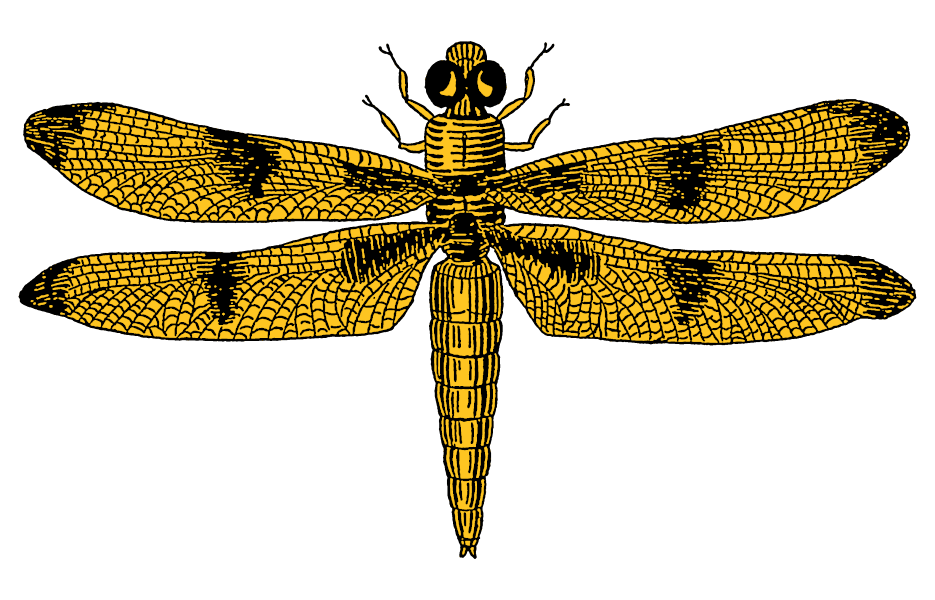Even when the whales
abandon their bones on seashores,
and red sunsets burn their ghosts
away to croon at the moon’s gibbous breast,
I will tend the harbor of my heart for you.
Open up your sails;
skim high across the frothy waves,
so fast your keel kisses their peaks
like an infrequent lover,
like my infrequent lover,
always dashing off to some new untamed cape
or blushing virgin peninsula.
Your infidelities and trysts are your own,
but I am your stalwart lighthouse.
I will draw you in to berth
in the harbor-womb of my heart,
or birth you back into the sea
when the harbor stifles your naked hull.
Call up your anchor and embark.
Open up your sails;
skim high across the frothy waves.
My harbor-womb heart will wait for you.
